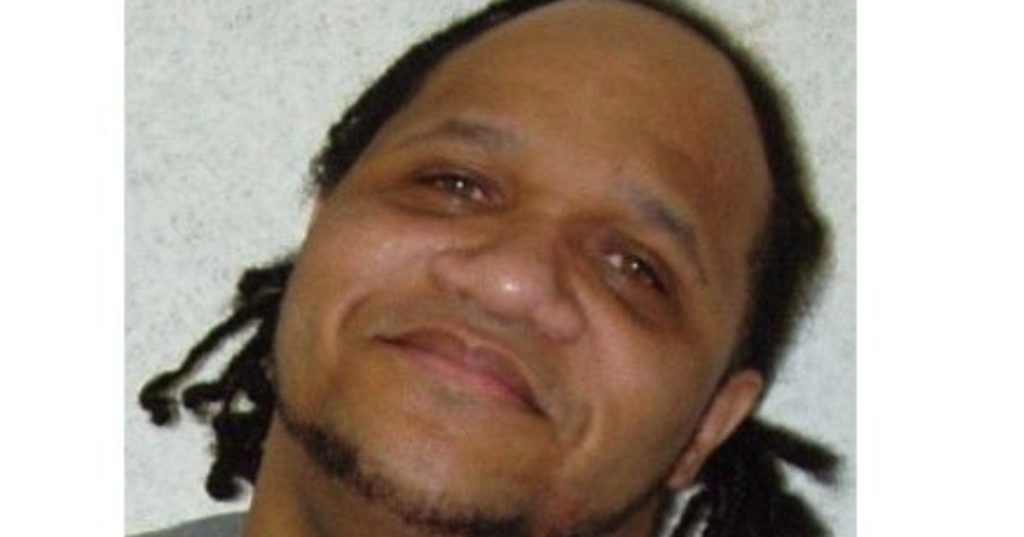In 1992, Kenneth Meers was killed during a robbery at his convenience store in Oklahoma City. Glenn Bethany and Emmanuel Littlejohn were charged with robbery and first-degree murder. Bethany was found guilty and sentenced to life in prison without parole, while Littlejohn was sentenced to death. Littlejohn denies shooting Meers but admits his involvement in the robbery. Littlejohn made a plea for mercy to the Oklahoma Pardon and Parole Board, who recommended that his death sentence be commuted to life without parole. Littlejohn’s case is one of several where clemency has been recommended, but only one person has received clemency so far.
Littlejohn’s childhood was marked by violence and poverty, with his mother struggling with addiction and his father being abusive. He began selling drugs as a teenager to make money. During Littlejohn’s trial, jurors were unaware of the prosecution’s prior claim that Bethany was the sole gunman in Meers’ murder. The prosecution’s argument that Littlejohn was the shooter played a key role in the decision to sentence him to death. Littlejohn’s first death sentence was overturned due to prejudicial testimony from a jailhouse informant. The jury had expressed confusion about the sentencing options, ultimately choosing death over life without parole due to concerns about potential release in the future.
Since Littlejohn’s trial, jurors from both trials have signed affidavits indicating they did not believe death was the appropriate punishment. Littlejohn, now 52, has not been involved in violent misconduct for over 20 years. He suffered a stroke last year and now uses a wheelchair for mobility. Littlejohn maintains close relationships with his daughter, sister, and mother, who is now sober. Littlejohn expressed gratitude for the clemency recommendation and hopes that Governor Stitt will grant him clemency. Littlejohn’s case highlights the complexities and uncertainties surrounding death penalty cases, particularly for individuals with troubled backgrounds and potential for rehabilitation.
The Oklahoma Pardon and Parole Board’s recommendation to commute Littlejohn’s death sentence reflects a growing trend of reconsidering death penalty cases. Littlejohn’s case underscores the impact of childhood trauma and socioeconomic factors on individuals’ trajectories towards crime. The board’s decision to recommend clemency for Littlejohn raises questions about the fairness and efficacy of death penalty sentencing, particularly in cases where there is doubt about the defendant’s role in the crime. Littlejohn’s continued efforts to seek clemency and maintain relationships with his family demonstrate his commitment to rehabilitation and redemption. Governor Stitt’s decision on Littlejohn’s clemency application will be closely watched as a potential milestone in the ongoing debate over the death penalty in Oklahoma and beyond.








